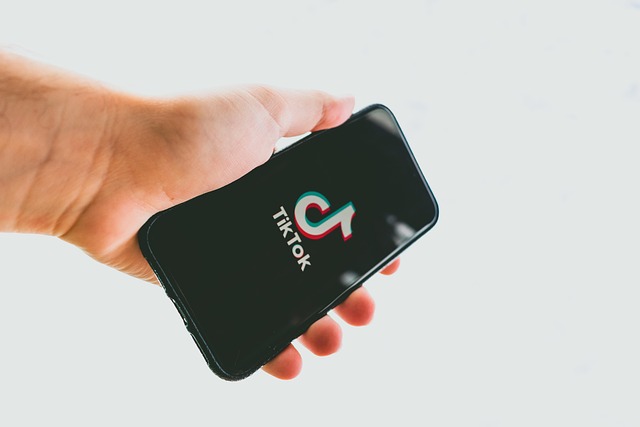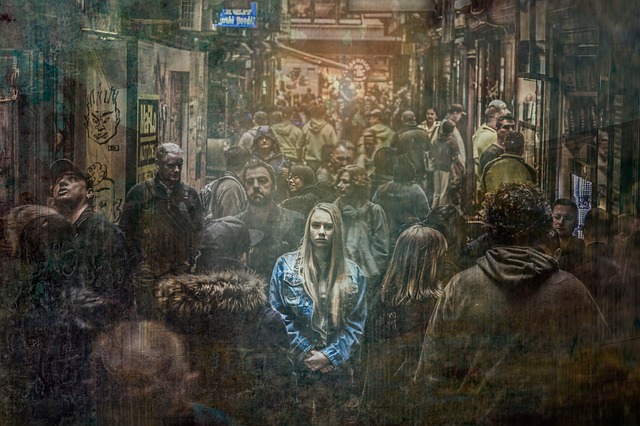In today’s digital age, the way we connect with one another has dramatically shifted. Social media platforms such as Facebook, Instagram, and Twitter have revolutionized interpersonal relationships, allowing individuals to communicate and share experiences across vast distances. But with these advancements come complex effects on our connections.
At its core, social media has the potential to enhance interpersonal relationships by providing a platform for maintaining connections over long distances. Friends and family can easily share updates, photos, and milestones, which helps bridge the gap created by physical separation. The excitement of receiving a notification from a loved one can evoke a sense of belonging and unity, reminding us of the ties that bind us.
However, this digital interaction also brings challenges that cannot be overlooked. The ease of online communication might lead to a decline in face-to-face interactions. When we rely heavily on social media for our relationships, we might find ourselves losing the intimacy that comes with in-person conversations. Non-verbal cues, which play a significant role in human connection, are often absent in digital communication, potentially leading to misunderstandings and reduced emotional depth.
Moreover, the curated nature of social media can create unrealistic expectations. When scrolling through a feed filled with idealized images and highlights of others’ lives, it’s easy to fall into the trap of comparison. This can subsequently affect our self-esteem and, by extension, our relationships. If we find ourselves constantly measuring our lives against the filtered reality of others, we may inadvertently pull away from those we care about, feeling inadequate or disconnected.
The paradox of social media also lies in its ability to foster connections while simultaneously isolating us. In an era where we can have hundreds of “friends” online, many individuals report feelings of loneliness and disconnection. It raises the question: Are we genuinely connecting, or are we merely existing in a virtual space that lacks the warmth of true interpersonal relationships?
Furthermore, the permanence of social media can complicate relationships. The ease of sharing thoughts and feelings online can lead to impulsive posts that, when faced with the stark light of day, may not reflect our true sentiments. Miscommunications and conflicts can escalate quickly in this public forum, often leading to relationship strain or a complete breakdown. Privacy also becomes a concern, as personal issues that may have once remained private can inadvertently become public fodder.
As we navigate the complex landscape of social media, it is crucial to balance our online interactions with genuine, heartfelt connections. Setting boundaries around our digital consumption can lead to healthier interpersonal relationships. For instance, scheduling regular get-togethers or choosing phone calls over texts can encourage deeper connections and provide the emotional support that social media cannot replicate.
While social media can be a valuable tool for maintaining and nurturing interpersonal relationships, it is essential to recognize its limitations. By being mindful of how we engage with others in both the digital and physical realms, we can foster authentic connections that enrich our lives and withstand the test of time. As we explore the impact of social media, let us strive for a balance that honors the essence of what it means to connect with one another.




